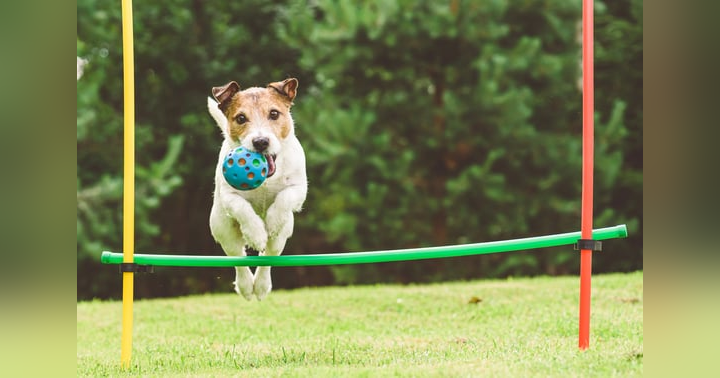Dog Behavior Modification Questions

There are many different reasons why your dog is engaging in behaviors that you may want to change. Before you try to fix a behavior, you must start with an examination to determine what could be causing the unwanted behavior(s).
Take the time to observe at the dog and study its history of behavior. Your goal is to look at all of the possible reasons for why the dog is exhibiting each behavior that you want to resolve.
10 Questions to Ask About the Behavior:
- When does the dogs problem behavior occur?
- Where does the problem behavior occur?
- Who is present when the problem occurs?
- Are there times when the behavior is not a problem?
- What is happening just before the behavior?
- Can you bring on the behavior by doing something?
- What usually happens immediately after the dog engages in the behavior? How do you react? Petting? Scolding?
- What do family member or observers do when the behavior occurs?
- Is the dog getting rewarded for the behavior?
- Is the dog getting out of doing something with this behavior?
9 Possible Reasons Why Your Dog is Doing That:
- To get attention
- To get rewards such as food or toys
- To escape or avoid a situation such as training or following commands
- To get sensory pleasure (watching, sniffing, listening, touching, tasting)
- To communicate needs such as exercise or go outside
- Genetics:hard wired (instinctive) such as terriers digging or collies herding
- Learning History: examples include fear of people or animals due to past experiences due to punishment or abuse; past history of getting rewarded for unwanted behavior such as praise for jumping, barking, or acting aggressively towards strangers; lack of training
- Medical or Physical Causes: illness, pain or discomfort due to health issues or injuries; medication side effects
- Self-Stimulation: chewing self or objects due to boredom; running in circles
Taken together, these two lists can give us the information needed to get to the root of the behavior problem(s). We assist you in determining your dogs behavior problems by asking these questions and observing your dogs behavior.
These questions are a good start, but only give us part of the information. It's always a good idea to have a dog trainer or animal behavior specialist observe your dog in its natural environment. Contact Top Gun Dog Training for a FREE phone consultation
References: "How Dogs Learn" by Mary R. Burch and Jon S Bailey

















